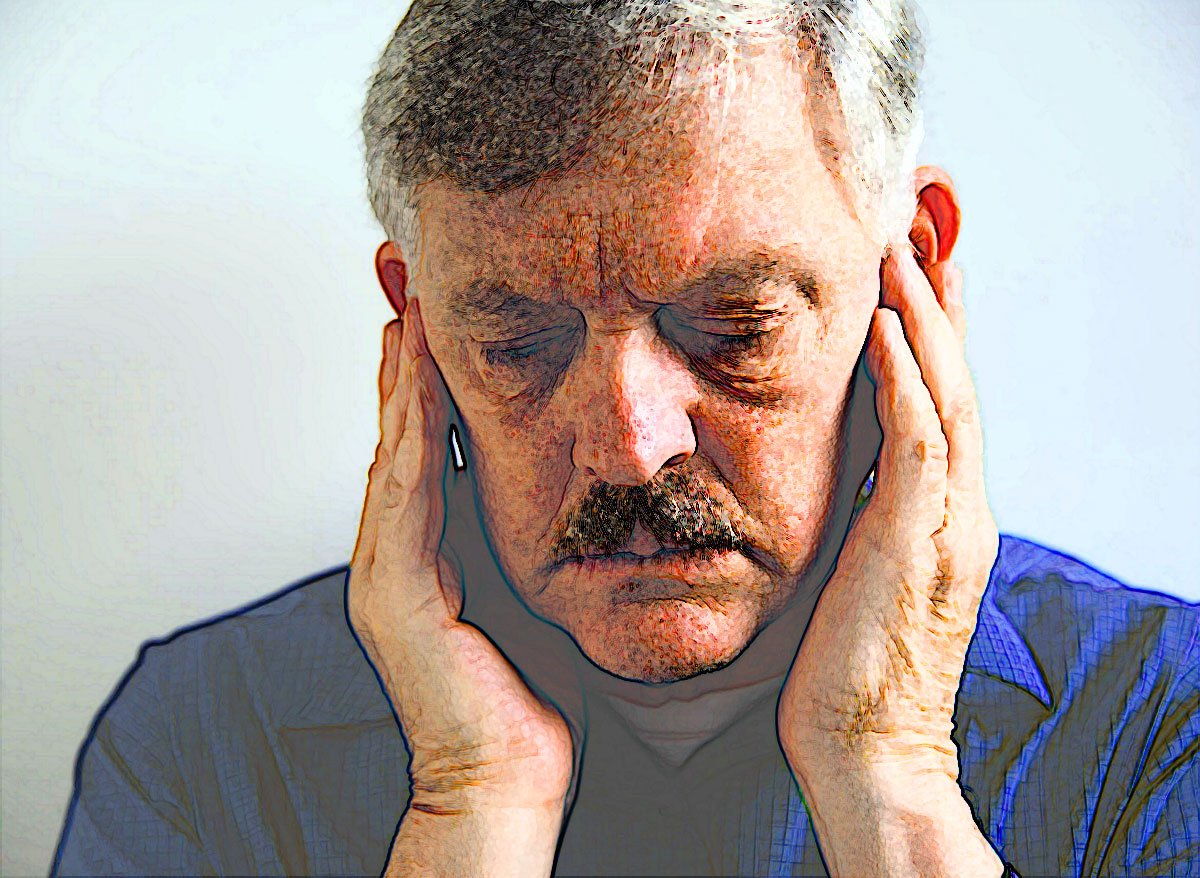TMJ and You…
This Painful Condition Can Afflict Young and Old
Do you suffer from jaw pain?
Does your jaw click while eating?
Has your jaw been known to lock up, making it difficult to open or close?
If you answered “yes” to any of these questions, you might have a condition called Temporomandibular Joint Disorder, otherwise known as TMJ. Estimated to effect as many as 10 million people throughout the country, TMJ is a treatable condition that occurs in both men and women at any age.
November is TMJ Awareness Month, and we want to shed light on this disorder and what you can do to prevent it.
TRUE or FALSE? The Risk of Developing TMJ Increases with Age
True! Our mouths change with years of use making TMJ a likely problem the older we get. Most adults with TMJ first began exhibiting symptoms between the ages of 20 and 40.
Common Age-Related Reasons For Jaw Function Impairment:
Cartilage Degeneration
Disc Displacement
Arthritis
Joint Deterioration
Overuse/Strain
Injury
It is estimated that one in three people over the age of 60 will develop TMJ and the condition itself is more prevalent in men than in women. Left untreated, TMJ in the elderly limits jaw mobility and cause lockjaw, chronic headaches, difficulty biting and chewing, frequent earaches or ringing, and neck/shoulder pain.
TRUE or FALSE? TMJ Only Occurs in the Elderly
False! Although it is true that age plays a significant role in the functionality of our jaws, there are plenty of other factors associated with the development of TMJ.
Other Circumstances that Contribute to TMJ
Sports Injury
One of the most common ways a young person can develop TMJ is from an injury – particularly one caused by physical activities like sports or exercise. One way to avoid injury to the jaw is by using a mouth guard for protection.Natural Growth and Development
Sometimes there is nothing we can do to avoid TMJ due to the way adult teeth erupt following childhood tooth loss. Thankfully, this issue is easily remedied by orthodontics like braces.What and How We Eat
Believe it or not, diet can affect your jaw mobility! Eating cooked and processed foods that don’t stimulate the muscles in your jaw can lead to weakness and limited function. On the flip side, consuming too many hard foods or excessively chewing things like gum or nonfood objects like straws and toothpicks can also contribute to jaw joint distress.
Diagnosing and Treating Symptoms of TMJ
Over time, our jaws have adapted to accommodate evolutionary changes in speech patterns, agriculture, weather/seasons, and more. These changes may be out of our control, but there is still plenty of things you can do to treat symptoms related to TMJ.
To learn more about what treatment options are available for you, ask Dr. Nolting at your next appointment!
Other articles you may enjoy…
Braces: More Than a Cosmetic Fix
Whatever your age, braces are incredibly beneficial for a variety of problems other than a straighter smile. Keep reading to find out more about how orthodontics can fix your teeth and other serious conditions.
Signs, Symptoms and Advice for Living with Chronic TMJ Pain
Struggling with jaw pain or discomfort? Check out these tips, tricks, and tidbits about living with TMJ Disorder.
How to Help TMJ Discomfort
Are you one of 10 million people struggling with TMJ? Here’s 7 ways you can alleviate troublesome jaw pain.






